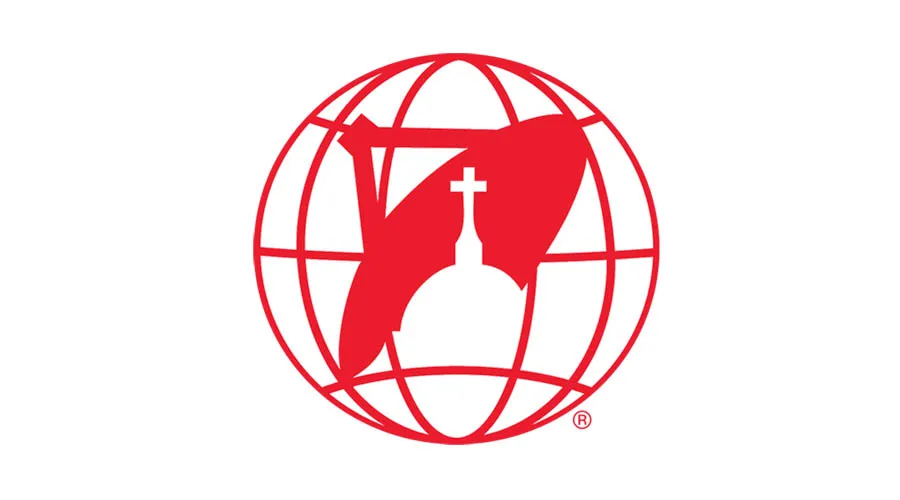“The underlying point of all that is to drive away any Western ideology, Western form of living, and institute the caliphate,” he said.
Yet with all these attacks, the Nigerian government has failed to provide the necessary security for its people, he said, and the U.S. needs to push them to protect its Christians and preserve freedom of religion.
“The duty of the government is to provide the security to protect the citizens,” he said. The U.S. should pressure the Nigerian government, he said, “and say ‘do your work, protect your people.”
There is also a need for an independent judiciary and senate in the country to hold the administration accountable, he said.
Bature ministers to internally-displaced persons (IDPs) in area camps, victims of violent attacks by Boko Haram, Iswap, and Fulani herdsmen. He acts as the diocese’s director of psychosocial support and trauma care.
(Story continues below)
While in seminary, he was sent by his bishop to Rome to study psychology. He recently returned to the country’s northeast region.
“These are mostly people who have lost a dear one, who have lost their means of livelihood, women and children, some of them sometimes they don’t know where their husbands are, don’t know where their parents are. Some have lost their parents in the camps we care for,” he said.
According to the UN’s refugee agency (UNHCR), there are more than two million estimated IDPs in Nigeria. “They live in very terrible conditions, very pitiable conditions,” Bature said.
Many have suffered from trauma and physical violence. Fr. Bature says he performs a rapid assessment of patients, with psychological treatment for grave cases.
“Many of them believe that they are no longer normal,” he said, and some think that they are possessed—cases of post-traumatic stress disorder (PTSD), he said.
The Church’s vision here, he said, is for the care of the whole person, both body and soul.
“You cannot also take care of the spiritual needs of the person when the human needs, the bodily needs, the psychological needs, are not well attended to,” he said. “It’s like what St. Thomas would say, that you cannot preach about Jesus to a hungry stomach. The person will certainly not take it.”
The Church does the best it can, but “no doubt, we are just very few, and the needs are so enormous,” he said. A grant by the aid foundation Aid to the Church in Need helped with the construction of a psychosocial center.
Fr. Bature is calling on Catholics in the U.S. and elsewhere to pray in solidarity with persecuted Christians in Nigeria, and also to financially support them if they are able. “We have so many needs,” he said.
“We are asking for more, and I hope they don’t get tired of us, because those people there [in Nigeria] need them, and that is where Christ is also,” he said. “Christ is in the midst of those people who suffer.”
Aid, he said, can “help these people, to give them a sense of meaning, to give them back life, to make them understand that their faith they have in Christ is not in vain.”








